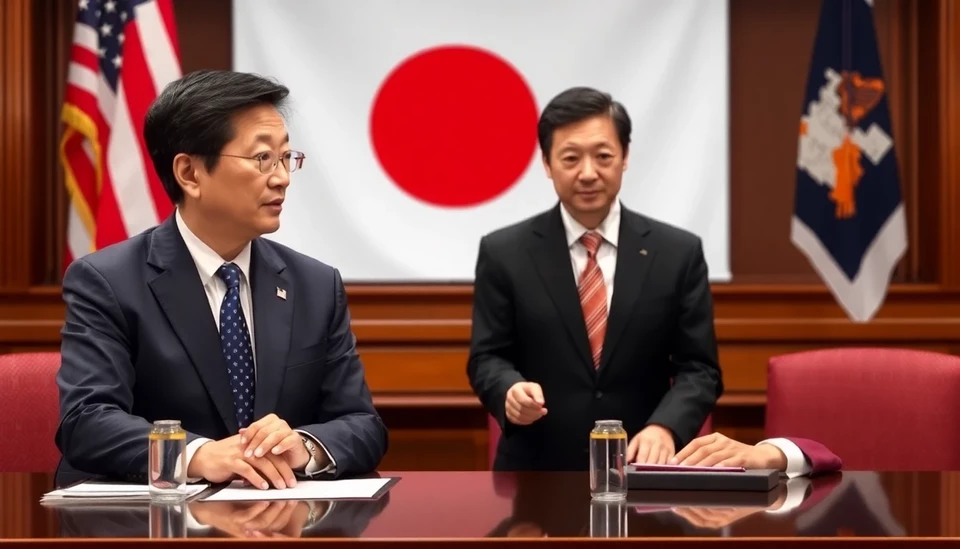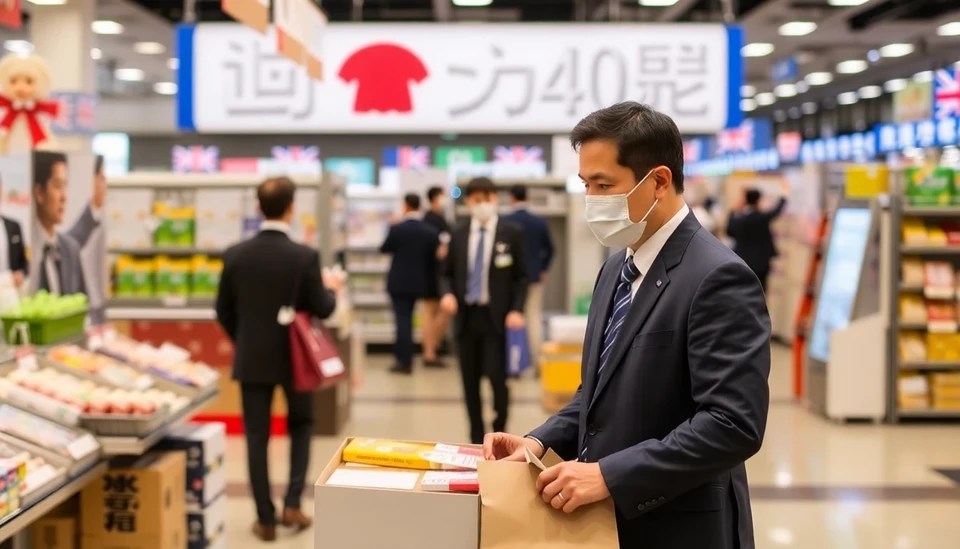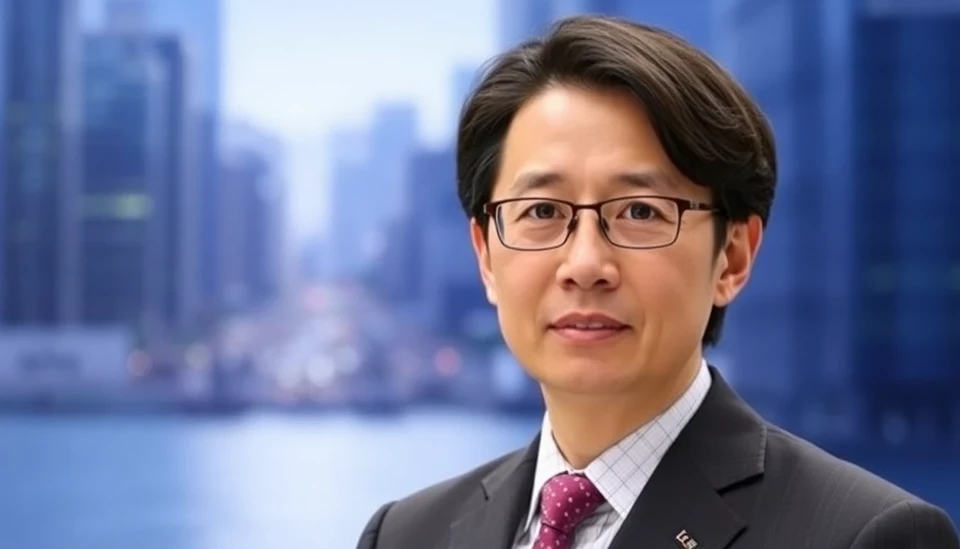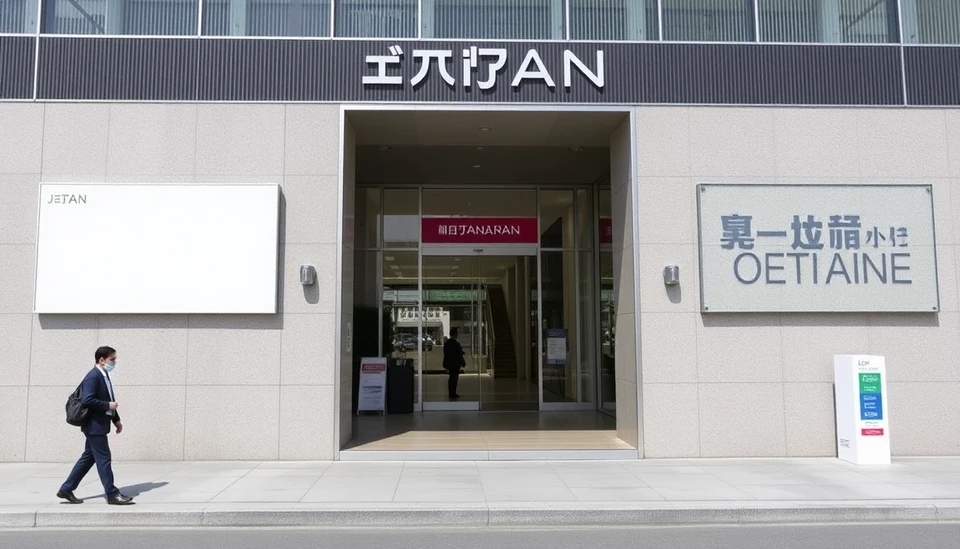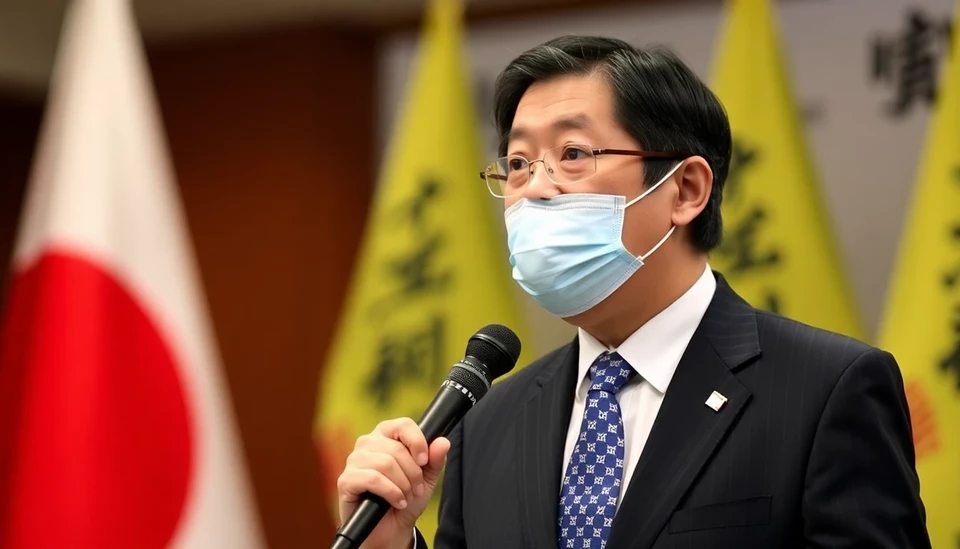
In a significant development in Japan's labor landscape, the chief of one of the nation's largest unions has publicly called on the prominent political figure Shigeru Ishiba to take a more assertive stance in pushing for higher wages across various sectors. This request comes at a time when the country grapples with economic challenges that heavily impact workers' livelihoods, raising urgent questions about fair compensation amidst rising living costs.
As inflation continues to burden average citizens, the union leader, who heads the Japanese Trade Union Confederation (Rengo), emphasized the critical need for wage increases that align with the changing economic environment. He pointed out that many workers are finding it increasingly difficult to make ends meet, particularly in light of heightened prices for essential goods and services.
The union chief specifically highlighted the role of Ishiba, a recognized figure in Japanese politics, urging him to wield his influence to spur action from both government and corporate leaders. His remarks resonate with a growing sentiment among workers dissatisfied with stagnant wages that do not reflect the current economic realities.
As the Japanese economy slowly recovers from the impact of the pandemic, there is a pressing need for salary growth to regain momentum. Many employees are urging politicians to prioritize wage negotiations, particularly as the upcoming year is expected to bring new challenges related to inflation and labor shortages.
Furthermore, the appeal underscores a critical moment in Japan's socio-economic discourse, where labor unions are becoming increasingly vocal about inadequacies in wage policies. The labor movement is pushing back against traditional corporate practices that have historically favored profit margins over employee well-being, calling for more equitable treatment for workers as they navigate an evolving economic landscape.
The union leader's plea is timely, as the Japanese government has also indicated a recognition of the necessity for wage reforms. These reforms are viewed not just as beneficial for the workforce but integral to sustaining economic growth in a country that has long struggled with deflationary pressures and a stagnant labor market.
As this dialogue continues, the focus will remain on whether Ishiba and other influential leaders will respond proactively to these calls for action. The outcome may significantly impact the future of labor relations and economic stability in Japan, affecting millions of workers and families across the nation.
In conclusion, the union's push for increased wages represents a critical test of Japan's commitment to addressing income inequality and ensuring a more sustainable economic environment for its workforce.
#Japan #WageHikes #LaborUnion #ShigeruIshiba #EconomicGrowth #Inflation
Author: Rachel Greene
